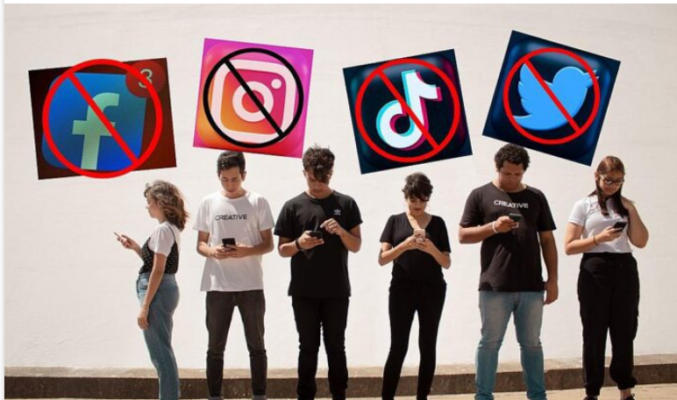Meta Challenges Proposed Legislation as Critics and Supporters Clash
Florida’s controversial legislation, the Social Media Use for Minors (HB 1), has advanced through the House Judiciary Committee, sparking heated debates on the balance between protecting minors and preserving their rights. Meta, the parent company of Facebook and Instagram, has joined a growing opposition, urging lawmakers to reconsider the proposed ban on kids aged 15 and younger from social media. As the bill progresses to the House floor, tensions rise between those advocating for enhanced minor protection and those arguing against potential infringements on free speech and economic opportunities.
Meta’s Concerns and Parental Decision Authority
Meta Southeast Public Policy Manager Caulder Harvill-Childs voiced concerns during the committee, emphasizing that the bill undermines parental decision-making authority. The provision denying parents the option to permit their child’s access to social media has drawn significant criticism. Meta argues for empowering parents to make informed decisions regarding their teen’s social media use rather than imposing a blanket ban.
Age Verification and Removal of Underage Users
HB 1 proposes a two-fold approach to enhance minor protection on social media platforms. First, it mandates platforms to implement a third-party age verification process to ensure users meet the minimum age requirement. Second, platforms are required to remove users they “reasonably believe” to be underage. This approach aims to address concerns over the potential exposure of minors to age-inappropriate content on social media.
Opposition from Democratic Lawmakers and Generation Z
Meta found support among Democratic lawmakers and private citizens, particularly those from Generation Z. Critics argue that the legislation infringes on free speech rights and raises economic concerns, limiting the marketing, influencing, and monetizing opportunities available to youth on social media. The call to let kids “live their lives” and enjoy the benefits of social media resonates with those opposing the legislation.
Supporters’ Perspective on Social Media Harms
In contrast, supporters of HB 1 emphasize the need for increased protection of minors on social media platforms. Citing studies, including one by the Child Mind Institute, they argue that social media use among young people leads to issues such as anxiety, bullying, and self-esteem problems. The comparison of social media to harmful products like opioids and tobacco reinforces the supporters’ stance that regulation is necessary to prevent potential harm to young lives.
Florida’s Historical Approach and Potential Legal Disputes
Rep. Tyler Sirios, the bill sponsor, likens the legislation to a “guardrail to keep our kids safe,” drawing parallels with historical regulatory interventions in industries like alcohol and gaming. The bill seeks to inform 16- and 17-year-old users of potential risks associated with social media, including addictive features. However, critics anticipate legal disputes if the bill is signed into law, highlighting potential challenges in its enforcement.
National Landscape and Age Verification Initiatives
Florida is not alone in exploring state-level social media policies. According to the National Conference of State Legislatures, approximately 11 states have implemented legislation or resolutions addressing age verification or parental consent. The varying approaches across states reflect the complex nature of regulating social media, where considerations of free speech, economic opportunities, and minor protection intersect.
Read More News:
- 3-Team Blockbuster Trade Sends Julius Randle, Myles Turner, and Buddy Hield to the Warriors
- A Safety Net Under the Golden Gate Bridge: Bridging the Gap Between Prevention and Compassion
Florida’s Social Media Use for Minors (HB 1) has ignited a contentious debate over the balance between protecting minors and preserving their rights on social media. As the bill advances, the clash of perspectives from Meta, Democratic lawmakers, and Generation Z underscores the complexity of the issue. The outcome of this legislation will likely set a precedent, influencing how other states approach social media regulation and shaping the ongoing conversation about the rights and responsibilities of young users in the digital age.
